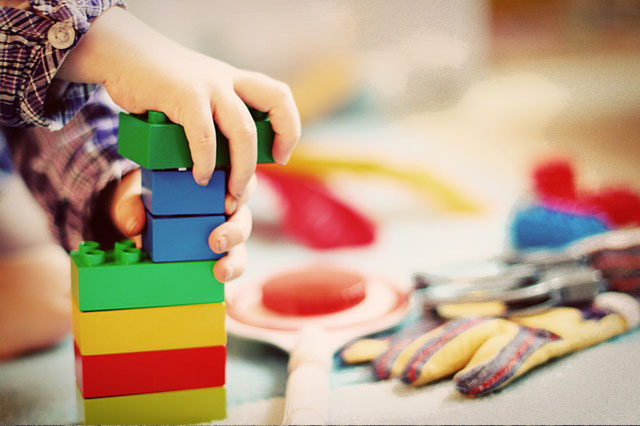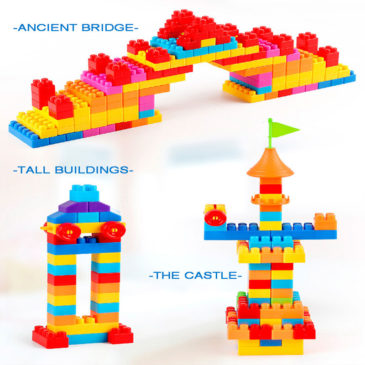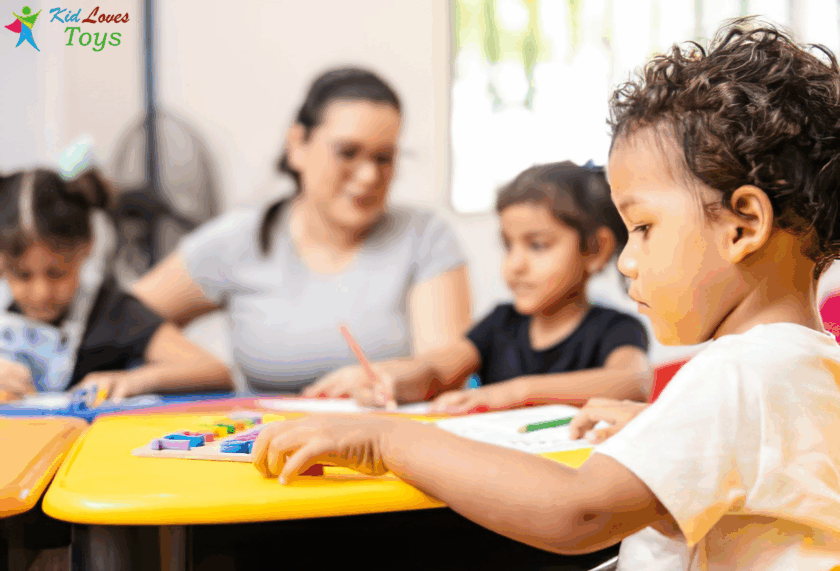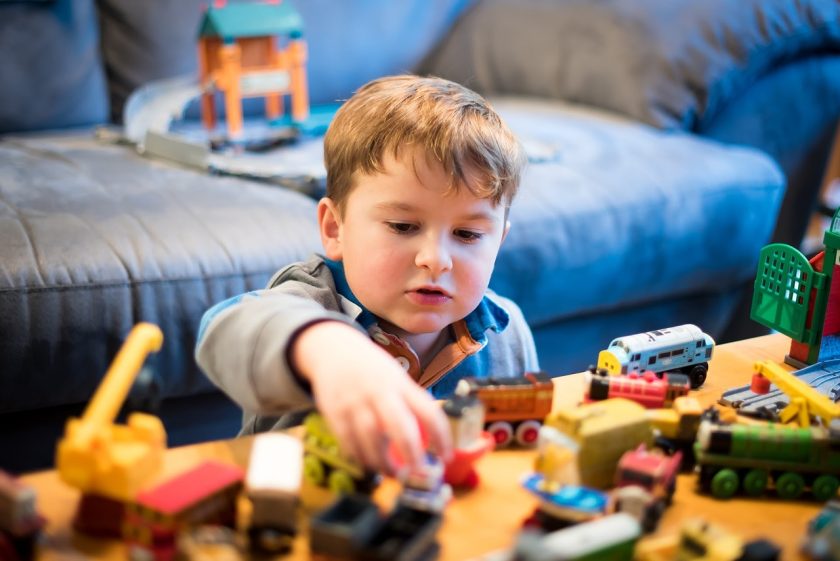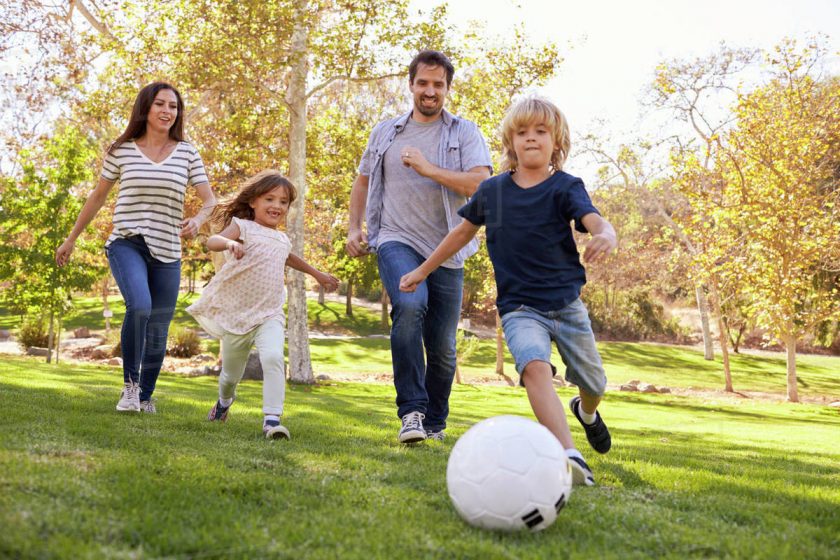Games as a Means of Growth: A Possibility?
Can children grow through play? Can they become better persons through games? Can they develop and become more mature? Can they grow into outstanding adults by playing games?
Games and playtime are a huge part of a child’s mind. They think it as a major component of their lives that they prefer it to meals and sleep. According to Kids Health, “As a general rule, toddlers shouldn’t be inactive for more than 1 hour at a time, except for sleeping.” That may sound like a lot of work for parents or guardians, because it is!
If that is how much play every child needs, then it would be a complete waste of time, energy and other resources if those hours spent on playing are all for just having fun.
But what if, with the proper methods and guidance, these seemingly millions of hours and hours of playtime can be used to shape children into becoming outstanding pillars of society? What if games and play are used as tools to help children grow and develop into balanced, rational and disciplined adults? What if through these they develop patience, enthusiasm, optimism, vigor, bursting vitality and a refreshing air of glowing happiness?
Properly Guided and Taught
Children should be treated as such, children. They do not know what adults know. That is why they should always be guided by the wisdom and knowledge of their elders. This also applies to playtime.
Athletic directors are consciously aware that the heat of intense games, specially competitions, reveal the players’ most basic attitude. Attitudes such as aggression towards the other players, wanting to be perceived as the best and wanting to win by all means they can.
This is why children should be supervised even during playtime. These attitudes are developed from a young age. Children should be taught the purpose of what they do. They should be guided in the proper ways of doing what they are doing.
In order to maximize the benefits earned from playing, the parents or the guardians of the children should make sure that the children are playing
1) constructive games with rules to follow and are beneficial to both body and mind,
2) safe games,
3) with the right company
and
4) with supervision.
With those four, then the chances of acquiring balanced growth for their children considerably goes higher.
Balanced Growth
Growth should not only be in terms of the physical. Parents should also be highly concerned with the mental, emotional and social growth of their children. They should be well-rounded, able to adapt and thrive in a world where there is pressure all around.
Physical Growth
Games can be both physical and mental activities. And in both those fields there growth can be acquired. Games such as tag, football or catch are all games that can help develop the body. These games are not limited to older children. They can be played with bumbling toddlers in a more gentle and toddler-y way. Playing these simple games would develop children’s physical capabilities. Strengthening their muscles and developing muscle coordination and making them generally healthier.
Mental Growth
Board games such as chess or scrabble are not physically tasking. But they sure are mentally challenging. These games do not necessarily make children smart when it comes to school standards, but they do teach children to use their minds. To think and to learn to operate and achieve within certain rules. They learn to be sharp and cunning. They learn to reach their goals within limited options by being creative and imagining what they can do with what they have.
As for toddlers who can’t yet comprehend the rules of such games, they can still be mentally challenged. Some means to develop their mental capacity is by toys such as blocks.
These are simple toys that can be used to teach them simple things like shapes and colors, sometimes even numbers. Plus, they are enough to keep the little bundles of joy entertained.
Emotional Growth
In both physical and mental games, emotions are tested. Being not fast enough or not knowing how to accomplish the purpose of the game are both frustrating and discouraging. But with loving guidance and words of encouragement, children can learn hard work, patience and not letting seemingly insurmountable odds let them down.
And every time they achieve success and are sincerely complimented by it, they learn to value honest work. And if they lose, they should learn to cope with it and learn from it. To not let the disappointment of loss get into their minds.
Another emotional benefit of play has a little chemistry behind it. There is a hormone called endorphin. WebMd sourced studies that has proven that people who regularly participates in rigorous physical activities has lower chances of having depression. That is because physical exercise makes the brain release endorphins, sometimes called the “happy hormones”. “Improved self-esteem is a key psychological benefit of regular physical activity,” WebMd says. “When you exercise, your body releases chemicals called endorphins. These endorphins interact with the receptors in your brain that reduce your perception of pain.” Furthermore, the release of endorphin “can be accompanied by a positive and energizing outlook on life.”
Although endorphin acts like morphine or other sedatives, it doesn’t have the same addicting effect.
Social Growth
 When all the already mentioned benefits of play are enjoyed with the right company, with children or people that the child’s guardians know and trust, or even with the guardians or the parents themselves, then the bond between these people grow. And just like any skill used regularly improves over time, so do social skills that are sharpened when children interact with the right people from an early age.
When all the already mentioned benefits of play are enjoyed with the right company, with children or people that the child’s guardians know and trust, or even with the guardians or the parents themselves, then the bond between these people grow. And just like any skill used regularly improves over time, so do social skills that are sharpened when children interact with the right people from an early age.
Over time, such children will grow fond of, appreciate, and ultimately seek the companionship of such people as they used to spend a lot of time with. This is why guidance and supervision is critical. Making sure that the child grows to love the companionship of the right kind of people will set up for them a path of being with these kinds of people.
Not only that, these children would also learn to get along with others. To learn to cooperate and learn to enjoy the company of others and to share fun with like-minded people.
Habits from Satisfaction
“But how will these benefits last through to little children’s adulthood? They are only interested in playing when they are children,” I hear you wonder.
Children form habits the fastest through satisfaction. Have you ever wondered why children have the habit of sucking their thumb? Because they get satisfaction from it. It’s no rocket science. People, not only children, like doing what they enjoy. So if you instill in children the fact that the right kind of play with the right kind of people is in fact, enjoyable, they are highly likely to carry that habit through the years.
Let your child captures the moment
To further strengthen the love to play games that are wholesome to either body and mind, or both, this type of play must be done while they are growing. Evolving the play from tag or hide-and-seek to catch then to sports is an excellent way of keeping children active and teaching them to grow physically capable, mentally active, emotionally stable and socially capable.
Growth Through Games and Play, Possible?
It sure is, indeed. Yes, games can help a child grow, not only physically, but also mentally, emotionally and socially. They can develop into outstanding adults: balanced; stable; mature; capable; rational; disciplined; patient; having positive disposition in life; full of energy and enthusiasm; able to not only adapt in this world, but also to thrive in it; able to handle loss and to learn from it. Through games children can have not only a happy childhood, but a happy life.

